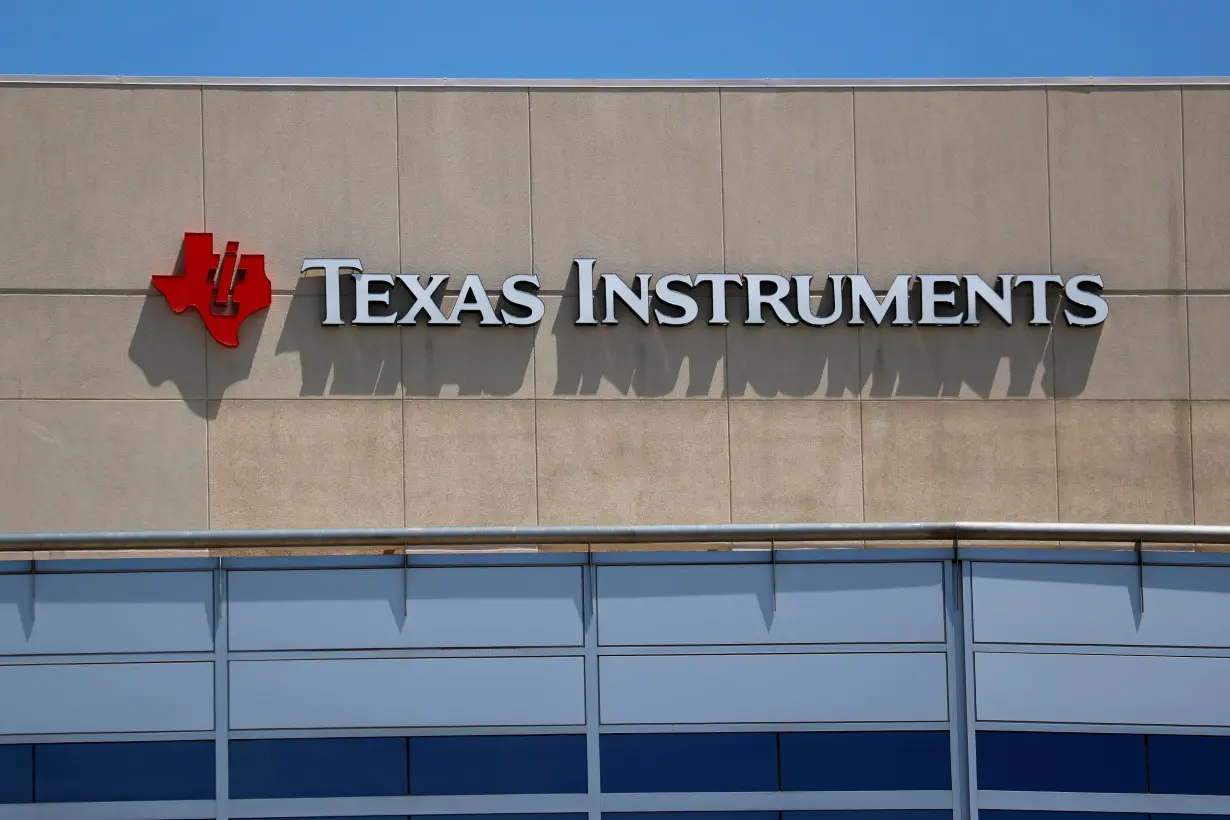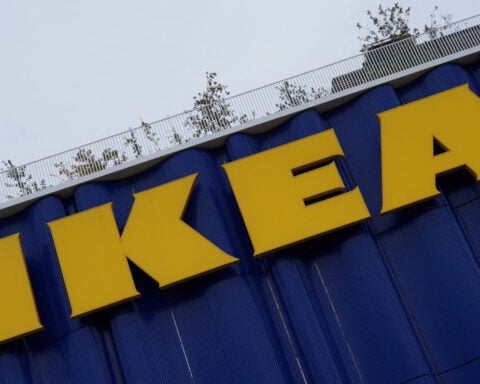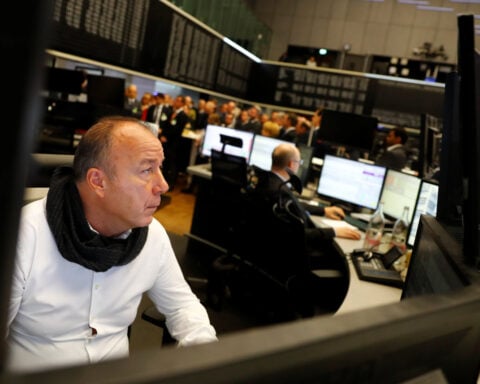By Arsheeya Bajwa
(Reuters) -Texas Instruments beat analysts' estimates for second-quarter profit on Tuesday, powered by stabilizing demand for analog chips from markets such as personal electronics and lower manufacturing costs.
A rebound in smartphones and personal computers sales has enabled firms to clear an inventory glut created by stockpiling during the pandemic, boosting orders for the company's chips.
"Analog demand has bottomed and started to show some incremental growth," said Edward Jones analyst Logan Purk.
Shares of Texas Instruments were up 3% in extended trading, set to add to the about 16% year-to-date gain.
"Positive reaction after-hours likely reflects in line third-quarter guide after fear of softer-than-expected analog demand following NXP's results last night," said Angelo Zino, senior equity analyst at CFRA Research.
Shares had closed down 3.7% in regular trading following a tepid forecast from peer NXP Semiconductors.
CEO Haviv Ilan said TI's business grew about 20% sequentially in China in the second quarter, and customers "have stopped managing their inventories over there."
Second-quarter reported earnings of $1.22 per share beat estimates of $1.16, while the midpoint of its third-quarter revenue forecast of $4.1 billion was in line with analysts' average estimate, according to LSEG data.
Profit was also supported by increased factory loadings - the quantity of products being manufactured - which help spread out fixed costs over more output.
Chief Financial Officer Rafael Lizardi on a call attributed lower manufacturing unit costs to increased internal manufacturing, with greater focus on 300 millimeter wafer technology.
Activist investor Elliott Investment Management had in May urged TI to improve its free cash flow and temper its large investments in building-out 300-millimeter fabs.
Elliott on Tuesday welcomed the "capital allocation initiatives announced by CEO Haviv Ilan" on the earnings call.
Capital expenditure stood at $1.06 billion, compared to expectations of $1.25 billion.
"Lower-than-expected capital expenditures suggests that TI is tightening its belt and responding to activist investor Elliot Management's $2.5 billion position in the company," said Running Point Capital's chief investment officer Michael Schulman.
Still, some analysts believe TI is unlikely to steer away from its capital investment strategy.
(Reporting by Arsheeya Bajwa in Bengaluru; Editing by Sriraj Kalluvila)

 Italy, Albania, UAE sign deal for energy subsea interconnection
Italy, Albania, UAE sign deal for energy subsea interconnection
 European shares advance as bond yields ease; soft inflation powers UK stocks
European shares advance as bond yields ease; soft inflation powers UK stocks
 Bank Indonesia delivers surprise rate cut to support growth
Bank Indonesia delivers surprise rate cut to support growth
 Novak Djokovic breaks a tie with Roger Federer for the most Grand Slam matches in tennis history
Novak Djokovic breaks a tie with Roger Federer for the most Grand Slam matches in tennis history
 China's RedNote: what you need to know about the app TikTok users are flocking to
China's RedNote: what you need to know about the app TikTok users are flocking to
 British author Neil Gaiman denies ever engaging in non-consensual sex as more accusers come forward
British author Neil Gaiman denies ever engaging in non-consensual sex as more accusers come forward








